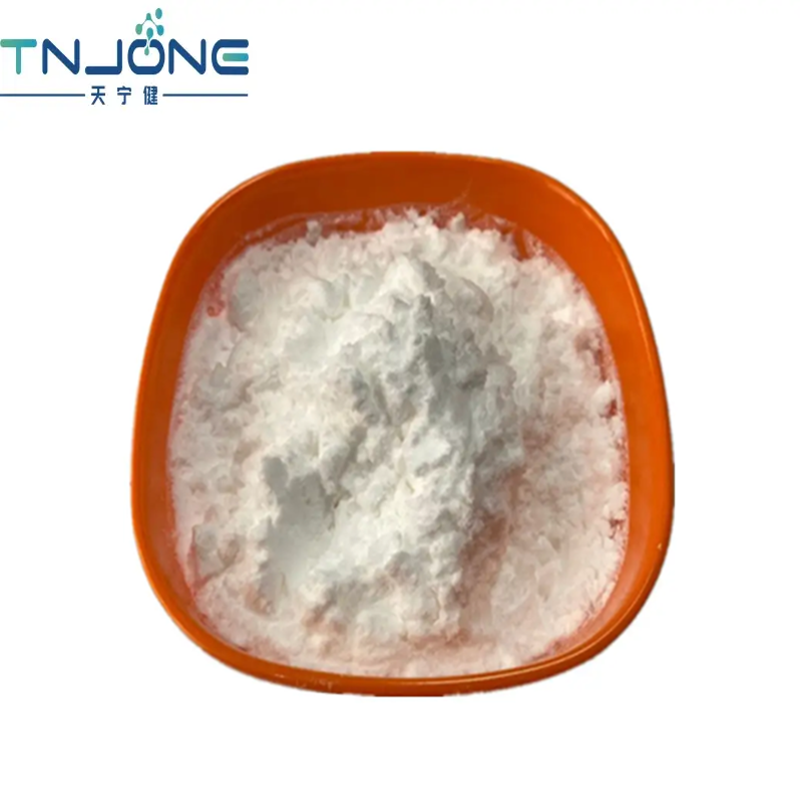-
Categories
-
Pharmaceutical Intermediates
-
Active Pharmaceutical Ingredients
-
Food Additives
- Industrial Coatings
- Agrochemicals
- Dyes and Pigments
- Surfactant
- Flavors and Fragrances
- Chemical Reagents
- Catalyst and Auxiliary
- Natural Products
- Inorganic Chemistry
-
Organic Chemistry
-
Biochemical Engineering
- Analytical Chemistry
-
Cosmetic Ingredient
- Water Treatment Chemical
-
Pharmaceutical Intermediates
Promotion
ECHEMI Mall
Wholesale
Weekly Price
Exhibition
News
-
Trade Service
Aloe vera, also known as the "miracle plant," has been used for centuries for its medicinal properties.
It is native to Africa and has been used in traditional medicine for skin conditions, burns, and digestive issues.
Today, Aloe vera is widely used in the cosmetic and pharmaceutical industries, as well as in food and beverages.
However, with increased usage, concerns about the safety of Aloe vera have arisen.
One of the main concerns with the safety of Aloe vera is the potential for contamination with harmful chemicals.
This can occur during the growing and processing of the plant, as well as during storage and transportation.
Aloe vera can absorb heavy metals and other toxic substances from the soil, and can also be contaminated with bacteria and fungi.
One of the most commonly reported side effects of Aloe vera is digestive upset, including diarrhea and cramping.
This is thought to be caused by the presence of anthraquinones, a type of laxative, in the plant.
However, these side effects are generally mild and resolve on their own.
In addition, there have been reports of allergic reactions to Aloe vera, including skin irritation and hives.
These reactions are thought to be caused by the latex in the plant, which can cause irritation and inflammation when it comes into contact with the skin.
There have also been concerns about the safety of Aloe vera for individuals with diabetes.
Aloe vera contains a compound called glycemic acid, which can lower blood sugar levels.
Therefore, individuals with diabetes should use Aloe vera with caution and under the supervision of a healthcare professional.
However, despite these potential risks, Aloe vera is generally considered safe when used in small amounts and for short periods of time.
The Food and Drug Administration (FDA) has classified Aloe vera as a generally safe product when used in food and beverages.
In the chemical industry, Aloe vera is used as an ingredient in various products, including cosmetics and skincare products.
It is also used as a natural food additive, and is considered safe for use in these applications.
However, it is important to note that the safety of Aloe vera can vary depending on the specific product and the amount used.
One of the most important considerations for the safety of Aloe vera in the chemical industry is the processing and purification of the plant.
It is important to ensure that the Aloe vera used in cosmetics and other products is properly processed and purified to remove any contaminants and reduce the risk of potential side effects.
Additionally, the chemical industry should continue to monitor the safety of Aloe vera and take steps to ensure that it is used safely and responsibly.
This can include conducting ongoing research into the potential risks and benefits of Aloe vera, as well as setting standards for the purity and quality of Aloe vera products.
In conclusion, Aloe vera is a versatile plant with a wide range of medicinal and cosmetic uses.
While there are some potential risks associated with its use, these are generally mild and can be minimized by using the plant in small amounts and for short periods of time.
In the chemical industry, it is important to ensure that Aloe vera is properly processed and purified to reduce the risk of contaminants and side effects.
Overall, Aloe vera is generally considered safe and can be used as an ingredient in various products with caution and under the supervision of a healthcare professional.







